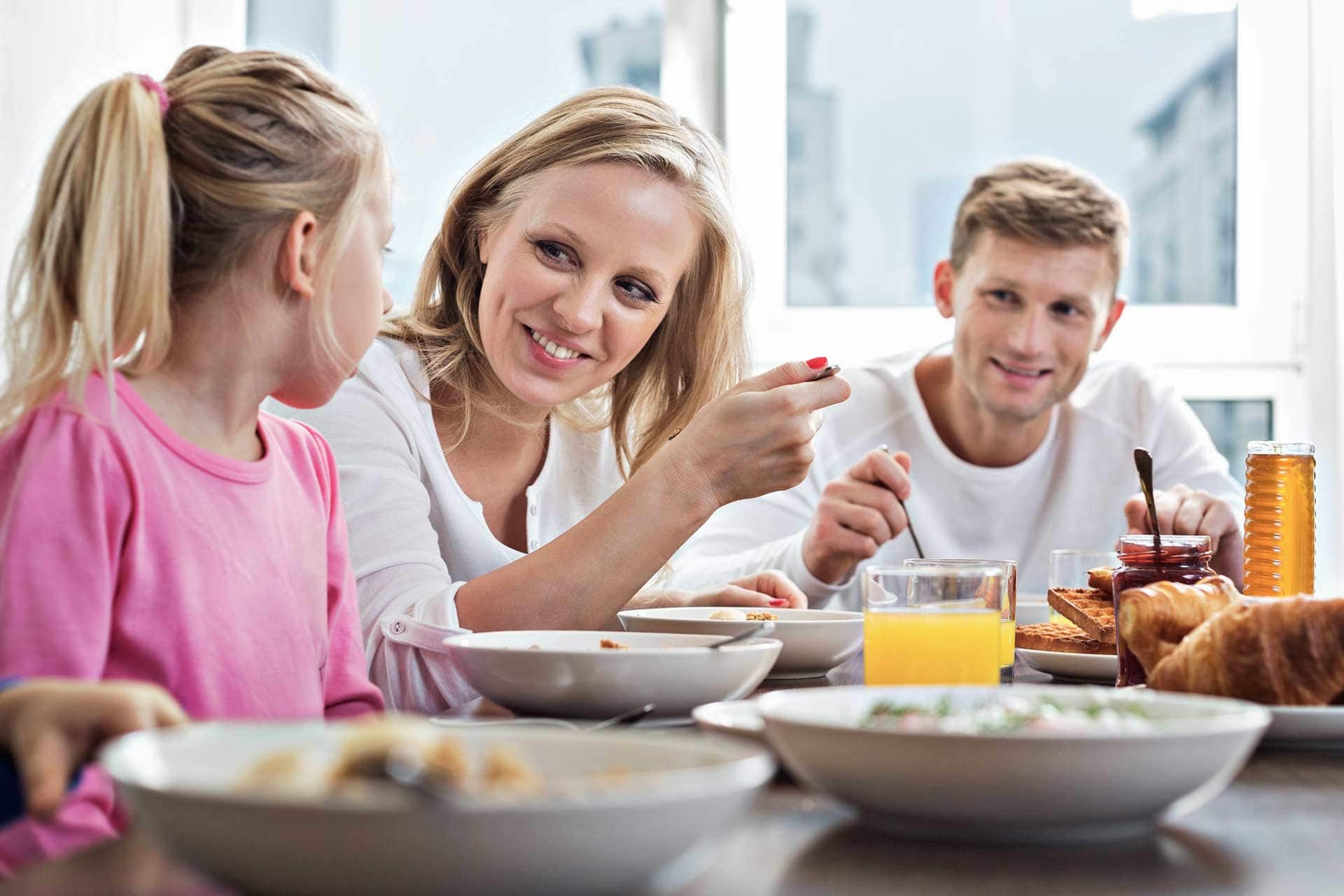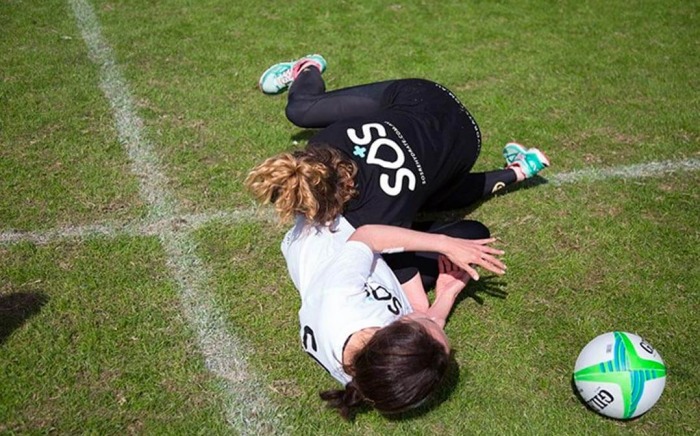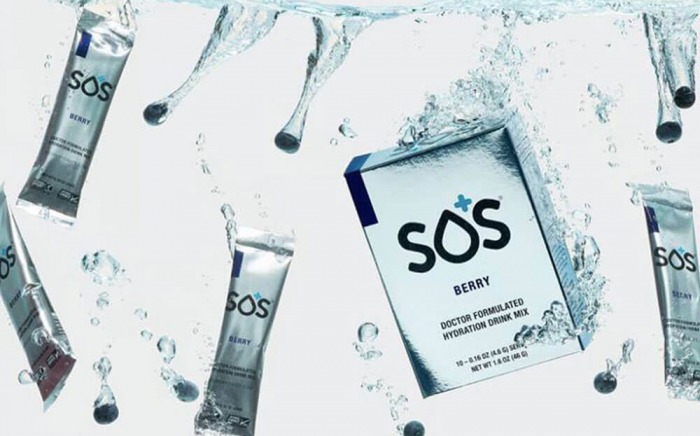Items Parents Should Have
Being a parent you understand what it means to be “safe and prepared rather than sorry”. There are thousands of situations where you might end up unexpectedly, wishing you had remembered to bring that device, food, tool, or equipment with you. The best part is that most of these things don’t even take up that much space, a lot of them are simple things that you do not even consider, or think of as trivial and that you do not need it. Let us have a closer look at those essentials that every parent should have at hand.

Medicine and Medical Supplies
It is unavoidable that at some stage you will have to deal with a sick child. It is always advisable to visit your doctor or medical practitioner with illnesses such as infections and other serious ailments such as measles or chickenpox. However there are predestined minor incidents that you can deal with easily at home. Here are the basic things that every parent should have in their home medicine cabinet!
For Babies:
- Saline Nasal Drop or Spray – A stuffy nose for a baby is close to experience suffocation for us. It is a great relieve for a baby to breathe properly again.
- Vaseline – Dealing with dry skin and preventing rashes inside the diaper area, Vaseline is a great protector and moisturiser. It is also good for small scrapes and scratches.
- Rectal Thermometer – This is essential especially if you have a baby 10 weeks or younger. It is the safest and most accurate way to measure a baby’s temperature, and at that age, they certainly do not mind.
- Pain Medication – For babies younger than six months it is advisable to contact your physician. Babies older than 6 months react well to Ibuprofen for babies. It is especially helpful when babies are teething as it contains anti-inflammatory qualities, especially during night time to ensure proper sleep and rest for the baby.
- Washcloth – In this instance it is for more than just cleaning. Teething babies find great relieve in a cool washcloth they can bite on.
- Baby First Aid Kit
A basic first aid kit for babies will include items such as: alcoholic cleansing pads, antibiotic ointment, antiseptic wipes, bandages, hand sanitiser, sterile gauze, tweezers.
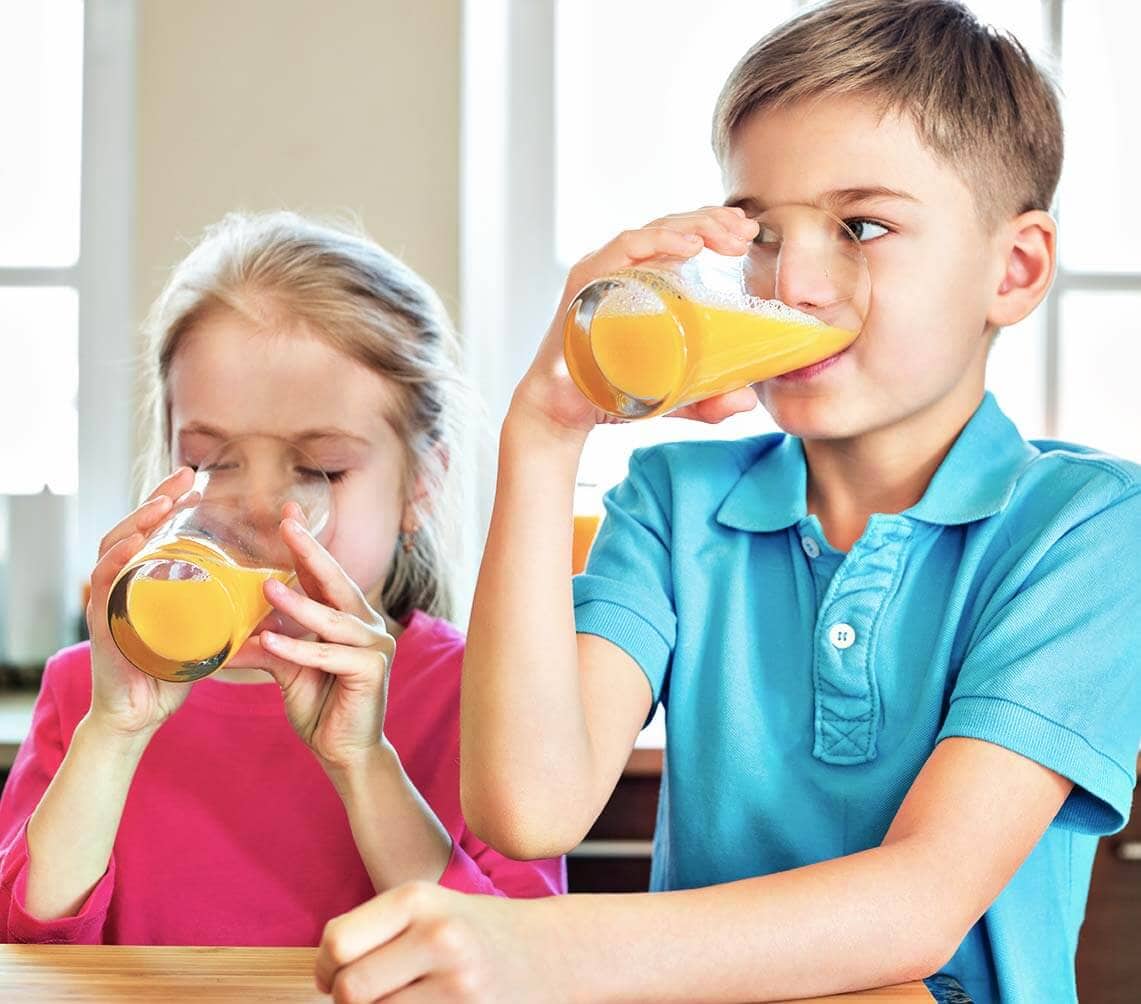 For the Family:
For the Family:
When illness knocks at your door at the most dire hours, be prepared with the following essential things to deal with an ailment or accident. Always consult your medical practitioner before administering any medication. The above mentioned essentials for babies should be included in your medical supplies for the rest of the family too.
Let us take a look at the additional supplies you need:
- First aid manual or guide
- A sterile eye dressing
- Adhesive tape
- Allergy eye drops
- Antibacterial ointment
- Antihistamine
- Antiseptic wipes
- Bandages in various sizes
- Cough medication for children and adults
- Decongestant medication for both children and adults
- Disinfectant
- Disposable mouth to mouth device
- Dosage spoon
- Electrolyte replacement drink or rehydration drink
- Gauze swabs in various sizes
- Paracetamol has been safely used for many years for mild to moderate pain in infants over one month old, children, adolescents and adults. However, if too much paracetamol is given to a child for too long, it may harm the child.*
- Ibuprofen can be used for mild to moderate pain in children, adolescents and adults. It should not be used in children under three months of age or be given to children with bleeding disorders.*
- Insect repellent
- Medication for diarrhoea
- Ointment for insect bites or stings
- Safety pins
- Sharp round point scissors
- Sunscreen
- Thermometer
- Tweezers
- Emergency phone number list
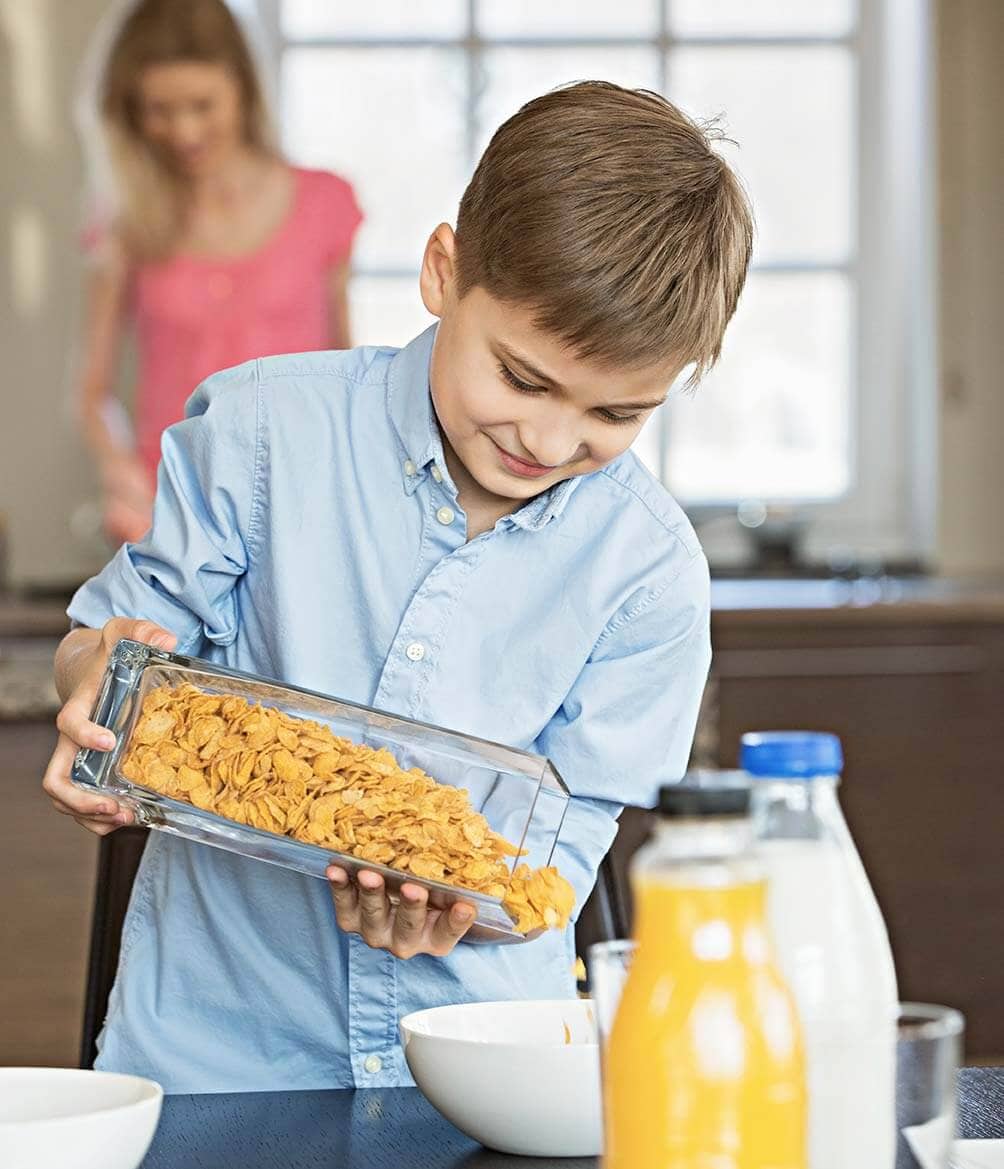 Fundamental Necessities in the Pantry
Fundamental Necessities in the Pantry
What do you do if a snow or rain storm or some other kind of natural disaster hit your neighbourhood and you do not have access to the closest shops? You are not able to buy food for at least a week yet you have some mouths to feed? It is always advisable to keep some basics in your pantry to ensure that when disaster strikes you can deal with it
You should consider foods that require little or no preparation, need no refrigeration and contain good nutrition and little salt:
- Water – It is the most important thing to keep in your pantry. You should make sure that there is enough water for personal consumption, preparing food and for cleaning and washing.
- Canned Food – Keep at hand as many different kinds as possible. This should included, meats, soups, vegetables and fruits.
- Crackers and Nuts – It has a long shelve life if stored properly and can provide some good carbohydrates.
- Pasta and Pasta Sauce– It requires little preparation and a small amount of water and can become a filling meal especially if you add some pasta sauce.
- Flour, Sugar, and Grains – With the most basic essentials, you can pull together some meal that is hearty and filling in difficult times.
- Spices, Salt, and Seasoning – Along with the basic essentials, it can make delicious and easy meals.
- Baking Essentials – Baking soda, vinegar, yeast, and baking powder can make all the difference when you need to start thinking outside the box in a difficult situation.
- Dried Milk – It has numerous advantages especially to be used with cereals and coffee or tea.
- Drinks – Having a variety of drinks available such coffee, tea, juices (or better still hydration drinks with electrolytes that contain low levels of sugar) is essential. SOS Hydration is the perfect solution when you are not able to feed your body optimal nutrition in emergency situations.
- Plant Oil – Regardless of what plant, any plant oil that can be preserved for a long time will do the trick. It is essential for preparing food especially if you have limited water resources.
Essentials When You Go Outside the Home
It is all good and well that you have the essential first aid supplies at hand at home. What are you going to do when you are outside the home? It is always good to be well prepared when moving outside the house to have a few essentials at hand just in case you end up being in a dreadful situation. Needless to say, kids are unexpected little humans, they have the ability to get in situations you would never expect to encounter.
Here are the survival essentials to have at hand in your purse for that unexpected situations and moments.
In your purse:
It is not unlikely that most seasoned parents have a purse that is similar to Mary Poppins’ bag. Regardless the situation, they can pull out something there to remedy the situation or provide at least some comfort for a while. It can basically sort out basic needs and deal with small emergencies in no time. So what do you need in your purse to level with Miss Poppins without carrying the entire house with you? It is very simple, look at this list:
Your bag or purse should be comfortable and not too big. If it have a couple of side and inside pockets with zippers, it is even better. A good strap that is comfortable is also essential to ensure you have all your hands free and to ensure you can carry it with ease for a long period of time at a time.
- Key clip – Put a key clip on your purse strap. This way keys are always in reach and help you to prevent them from getting lost.
- Cash – Even if you have your debit or credit card with you, you will never know when you only some coins or change.
- Phone – Make sure as with your keys that it is reachable at any time in any situation without having to search and scratch through your bag.
- Stationary bag – A small stationary bag with pens, a pair scissors, glue stick for just in case you need a pen that too often happens that you don’t have one when you need one.
- Notebook – How often do you look for a “piece of paper” to take down some information and then the piece of paper gets lost afterwards? Along with a pen and paper you can keep a toddler happy for a while if you have to wait at some kind of appointment too.
- Snacks – Healthy snacks that can curb that hunger feeling or to lift that low blood sugar that will help you to prevent stops at the fast food stores. Granola bars are great for this. Moreover it comes in handy for those unexpected tantrums for both kids and parents.
- Tiny first aid kit – Placed in another small bag some antiseptic ointment or fluid, different sizes band aids, allergy ointment or medication, pain killers, and some rehydration solutions such as SOS Hydrate can help you easily care for those not so serious but unforeseen situations.
- Water bottle – a good water bottle with a good sealing lid for those unexpected thirsts that come about just as you leave the house, or to drink some of those medicines or mixing the rehydration solution, or for one of the thousands of other uses you can think of while not at home.
- Small container or bag – It is really handy when something broke and you need to keep all the pieces together or safekeeping small items until you get home.
- Easy to carry entertainment – It is wonderful what paper, crayons, or some building blocks can do when you need to entertain kids while waiting or have to deal with a sick child while waiting at the doctor or even with a long drive.
- Packet of Wipes – The uses are endless from cleaning to clearing spills inside the care, out on the street, cleaning dirty little hands and faces.
- Hand sanitiser – This goes hand in hand with the wipes. A small bottle can help you in thousands of different situations where some kind of sanitizing is needed.
- Moisturiser – A travel size moisturising substance such as Vaseline can do wonders for dry skin, chapped lips, minor scratches, and bruises.
- Small Flashlight – You will only appreciate it once you are in a situation where you need it. It is especially useful if you need to see something in the dark or find something in the car at night or when you arrive home and there is a power failure. The options are endless.
- Travel size pack of tissues – Especially handy for those sudden onsets of hay fever, runny noses, or any situation where you need a dry wipe.
- Car phone charger – It is crucial to be able to stay in contact, especially if you have kids in the car with you. There is nothing so hopeless as an emergency and a phone that went dead on you.
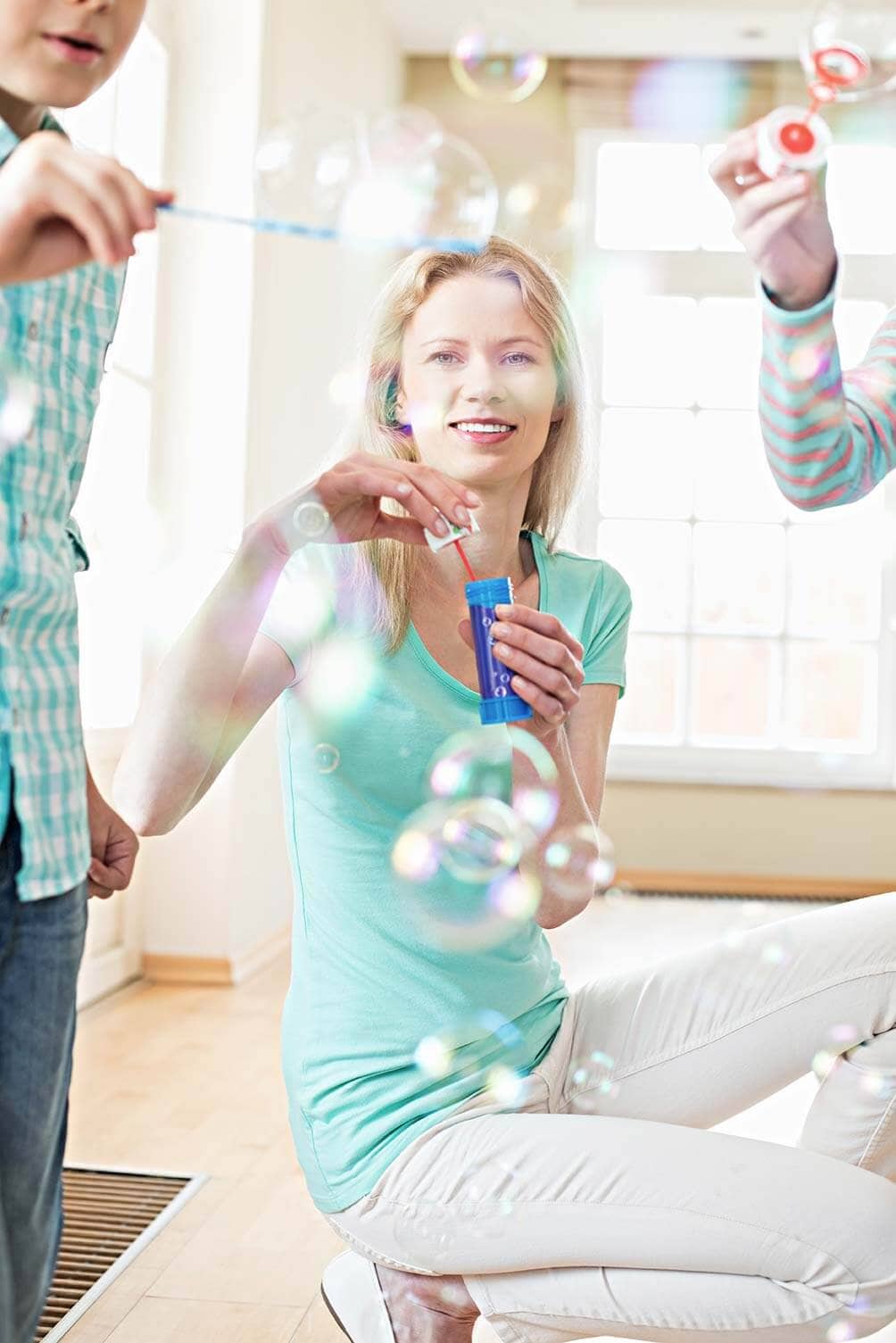 In Your Car
In Your Car
Many essentials in you bag or purse will take you through a difficulty while outside the house, however there are some things that are essential to have inside your car that can make or break a dire situation for you. If you are stranded next to the road or your car breaks down, do you have with you to remedy the situation or deal with it until help arrive? Clever parents have the following in their cars:
- Water – A container with at least 5 litre of water that seals properly and are robust enough to withstand some hammering can save you from some dire situations. Especially if you are stuck next to the road and you need to refill your water bottle in your purse, or need to fill up the radiator of your car. You can never go wrong with some extra water supply close at hand.
- A space blanket – As we all know there are thousands of uses for this essential. It keeps you warm when it is cold, can serve as a shade in the sun, can catch up rain water and hundreds more.
- Tire sealant – You can fix a flat tire in no time and no need to change a tire at a time when you can not afford it.
- Fire extinguisher – You do not need to have the giant ones you usually see inside shopping centres or malls or at schools. A small 1kg extinguisher will be just fine for the emergencies you possibly can encounter while travelling. In many instances a small fire extinguisher made the difference between life and death.
*Source: The Royal Children’s Hospital Melbourne
Did we miss any other important essential things for parents? Let us know in the comments below.


